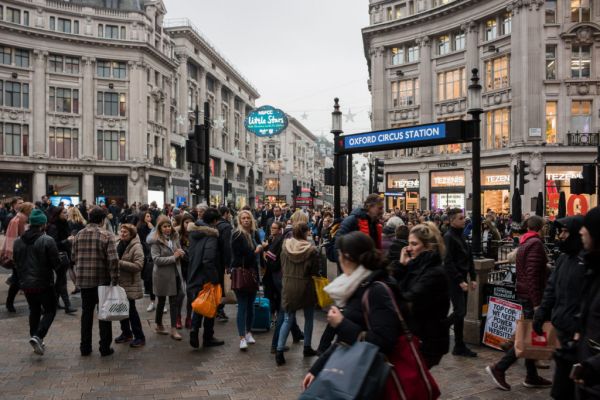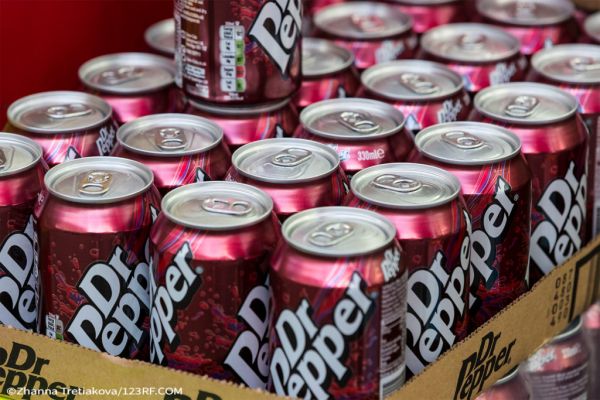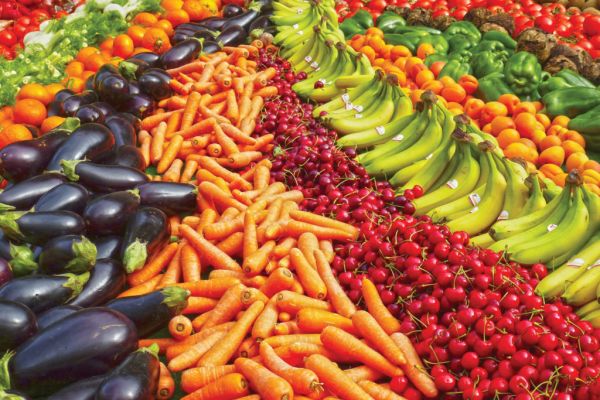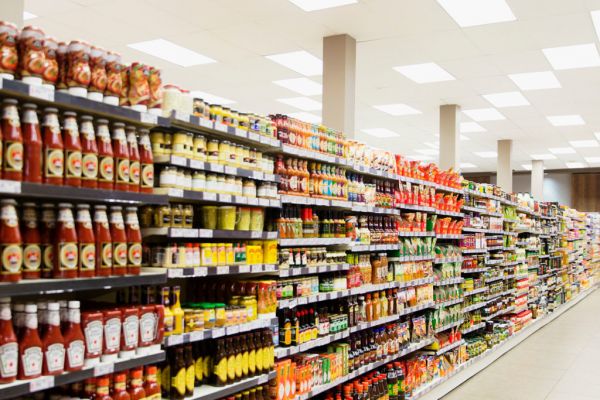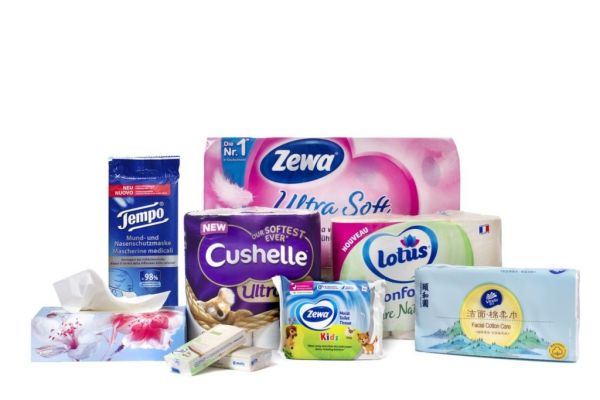A report from Oxfam published on Tuesday (26 Feb) is critical of some of the world's largest food companies, saying they do not meet ethical standards. The agency's Behind The Brands report ranks the world's biggest food companies, the 'Big 10', on seven environmental and social issues from water to workers.
As part of Oxfam's GROW campaign, the Behind the Brands scorecard rated the 'Big 10' A-brand manufacturers, Associated British Foods (ABF), Coca Cola, Danone, General Mills, Kellogg’s, Mars, Mondelez, Nestlé, Pepsico and Unilever. Seven topics were considered: how they ensure the rights of the workers and farmers who grow their ingredients, how they protect women’s rights, management of land and water use, climate change and the transparency of their supply chains, policies and operations, with a particular focus on women cocoa farmers in impoverished countries such as Nigeria.
ABF scored 13 marks out of 70, while Kellogg and General Mills were tied at 16, Mondelez and Danone each scored 20 and Mars ranked fifth with 21 out of 70. PepsiCo was in fourth place with 21 marks with rival Coca-Cola scoring 29, Unilever was given 34 points and Nestlé performed best with 38 out of 70 points.
While Swiss giant Nestlé topped the scorecard, bottom of the list was Associated British Foods (ABF) at 19 per cent whose brands include Kingsmill, Twinings and Ryvita. Incidentally, one of ABF's biggest successes is subsidiary discount clothing chain Primark, which came under fire in 2008 for using sub-contracted child labour in India to produce its cheap products.
Nestlé, Mondelez, and Mars all earned failing scores for their gender policies with scores of just 4, 2 and 1 out of 10 respectively. The report also found that while all of the companies included had moved to reduce direct emissions, only half, Mondelez, Danone, Unilever, Coca-Cola and Mars, reported on the agricultural emissions directly associated with their products to the public.
Oxfam said all companies recognised the need for a more just food system and have made commitments to achieve this, although there is a lot of work to be done. Oxfam chief executive Barbara Stocking said, "It is time the veil of secrecy shrouding this multi-billion dollar industry was lifted. The hundreds of brands lining supermarket shelves are predominantly owned by just 10 huge companies which have combined revenues of more than one billion dollars a day whilst one in eight people go to bed hungry every night."
Pressure To Improve Conditions For Cocoa Farmers
The report emphasised the need for better supply chains and support systems to address the inequality faced by female cocoa farmers. The group called on Mars, Mondelez and Nestlé who it said between them control more than 40 per cent of global chocolate market share to step up to their responsibility in protecting and promoting the rights of women in their supply chains. "We urge three of the world's largest and most powerful food and beverage companies – Mars, Mondelez International and Nestlé – to lead a more aggressive effort to support and protect the rights of the millions of women worldwide who grow the cocoa essential for their products."
Included in the report is the price breakdown of a chocolate bar in a 2009 report by Oxam Novib. The chart illustrates that 43 per cent of the retail price of a single bar of chocolate is the retailer's margin, while a mere 3.2 per cent goes to the farmer.
"In Nigeria for example, some farmers earn only 320 Naira or $2.04 per kilogram for cocoa beans. For a full year's effort then, a farmer could earn a mere $612, less than $2 per day. Yet Mars sells one kilogram boxes of chocolates for as much as $26.45 – more than ten times what a farmer in Nigeria makes for the same amount of cocoa."
See the full report here. (26 Feb)
© 2013 - ESM: European Supermarket Magazine by Sadhbh Connor and Kevin Kelly

